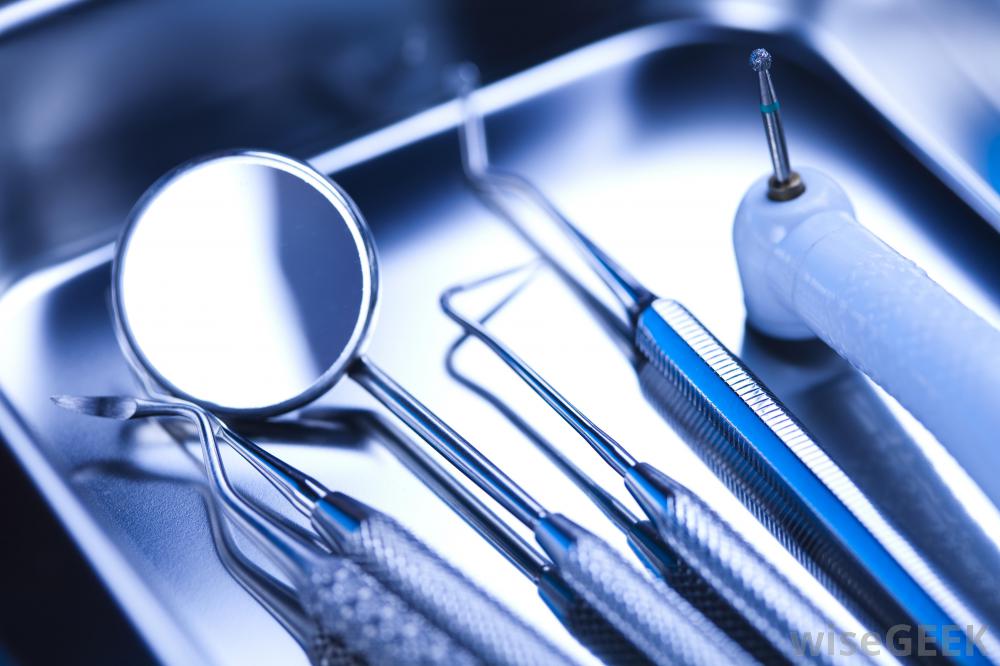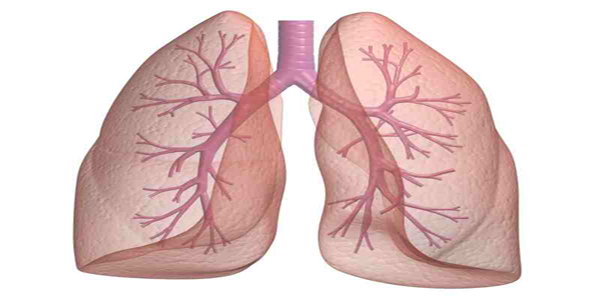The need to receive Chemotherapy or Radiotherapy usually comes as a shock to most people.
Ian Sweeney
It is therefore normal to focus on the treatment, possibly neglecting oral care. However, both treatments may affect your mouth in many different ways. Many patients report adverse effects ranging from an apparent loss of taste, dry mouth, mouth ulcers or mouth infections.
Oral ulceration is a side effect of many of the medications used, due to a thinning of the lining of the mouth. This may make eating, chewing and swallowing difficult and painful.
A weakened immune system during treatment may increase the risk of infections. The mouth is particularly at risk of oral infection, due to the large amount of bacteria present.
Radiotherapy will affect all cells, particularly those that replicate quickly. Skin cells, the cells that line the mouth, salivary glands and potentially blood vessels that supply bones may be affected.
Salivary glands affected by radiotherapy may show a reduction in the amount of saliva they produce. Saliva is important in maintaining a healthy mouth, reducing everything from dental decay to oral infections. The lack of saliva may therefore have detrimental effects on the teeth and gums.
The composition of saliva may also change. It may become thick and ropey. Thick ropey saliva makes swallowing difficult, which may in turn cause pain when swallowing.
If the mouth is directly affected by the radiation, the oral tissues may become swollen and painful making denture wearing almost impossible. Ulceration may also occur making eating difficult and painful.
In severe cases, radiotherapy may affect the ability of bone to heal due to a reduced blood supply. Complications following tooth loss or extraction may be quite severe.
For these reasons, it is important that routine dental examination be performed prior to commencing radiotherapy of the head and neck region. You should consult with your dentist about strict cleaning guidelines and techniques, such as soft toothbrushes and antibacterial mouth rinses. It is vital to identify any teeth that may potentially cause problems, as it may be prudent to remove any badly broken down and decayed teeth prior to the start of treatment.












